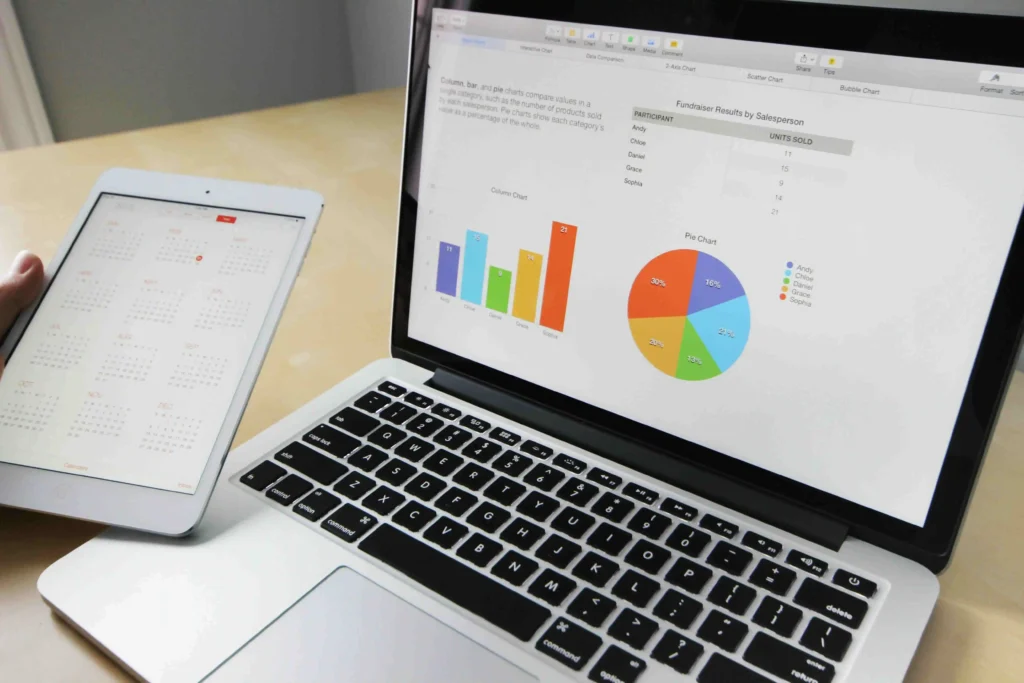Samsung, one of the world’s largest technology companies, has found itself in a challenging position despite posting a profit of $6.8 billion in its latest quarterly results. While a billion-dollar profit may seem like good news, it has left investors and analysts unimpressed. The root of the problem lies in Samsung’s semiconductor business, which plays a crucial role in the booming AI industry. Unfortunately, the company is struggling to keep up with the surging demand for specialized AI chips, and this could threaten its competitive edge in the future.
Samsung’s Chip Shortage Crisis
At the heart of Samsung’s troubles is its inability to produce enough AI chips to meet market demand. These specialized chips are essential for training AI models, with major tech companies like Nvidia relying on them for their AI-driven products. Nvidia, a leader in the AI components market, is one of Samsung’s biggest clients. However, due to production delays, Samsung has been unable to fulfill its chip orders on time, forcing Nvidia to turn to rival chipmaker SK Hynix to fill the gap.

This chip shortage is a major setback for Samsung, as it had the potential to profit significantly from the AI boom. Nvidia’s products, particularly its processors, are in high demand worldwide, and Samsung should have been able to capitalize on this surge by supplying more chips. Instead, it is losing ground to competitors, with SK Hynix and Taiwan Semiconductor Manufacturing Corporation (TSMC) emerging as key players in the AI chip market.
Falling Behind the Competition
Samsung’s struggle is not just about chip shortages. It is also lagging behind TSMC, the world’s largest chip manufacturer, in delivering customized chips for clients. Despite having the resources and scale to compete with TSMC, Samsung has consistently fallen short in meeting market expectations, leaving investors concerned about its long-term growth prospects.
The market reaction to Samsung’s underperformance has been sharp. The company’s stock has steadily fallen this year, losing more than 20% of its value. Shareholders are growing increasingly frustrated with the company’s inability to seize the opportunity presented by AI, which is widely regarded as the biggest tech breakthrough of the century.
The Broader Impact on Samsung and South Korea
For South Korea, Samsung is more than just a tech giant; it’s an economic powerhouse. As the country’s largest company, Samsung accounts for around 15% of South Korea’s entire economy. Any decline in Samsung’s fortunes can have ripple effects throughout the nation’s economy, which relies heavily on the conglomerate’s success.
Samsung, like other large South Korean conglomerates, is part of what is known as a “chaebol”—a group of companies controlled by a single family that wields immense economic influence. Alongside fellow chaebols like LG and Hyundai, Samsung plays a dominant role in shaping the country’s economic landscape, making its struggles all the more concerning for South Korea’s financial stability.
In addition to its underwhelming financial results, Samsung has been facing internal unrest. Workers have gone on strike in both South Korea and India, demanding better pay and working conditions. This, combined with recent layoffs affecting up to 30% of its overseas workforce, suggests that the company is grappling with broader challenges beyond its semiconductor division.

The AI Dilemma: A Struggle for Relevance
The biggest concern for Samsung is its role in the AI revolution. AI represents the most significant technological shift in recent history, and Samsung is struggling to keep pace. While the company has promised to course-correct and revamp its operations, it faces significant obstacles in doing so.
Global demand for AI chips may be slowing down as major tech companies become more cautious with their AI investments. While the technology holds tremendous potential, the timeline for returns is uncertain. Many companies have already poured billions of dollars into AI and may now choose to stagger their investments until they see clear results. For Samsung, this means less demand for its chips, compounding its production problems.
Conclusion: Can Samsung Reclaim Its Competitive Edge?
Samsung is at a critical juncture. It has the resources and reputation to remain a dominant player in the tech world, but its recent struggles in the AI race are raising red flags. If the company cannot address its production issues and catch up with rivals like SK Hynix and TSMC, it risks losing significant market share in the fast-evolving AI landscape.
Samsung needs to act swiftly, not only to improve its semiconductor operations but also to regain investor confidence and meet the growing demands of the AI industry. Until then, the tech giant will remain on the back foot, fighting to regain its once-dominant position.





